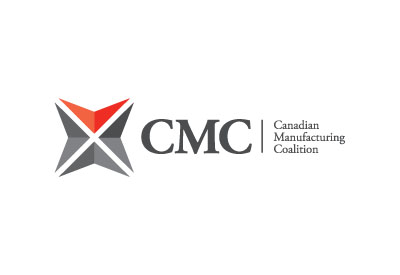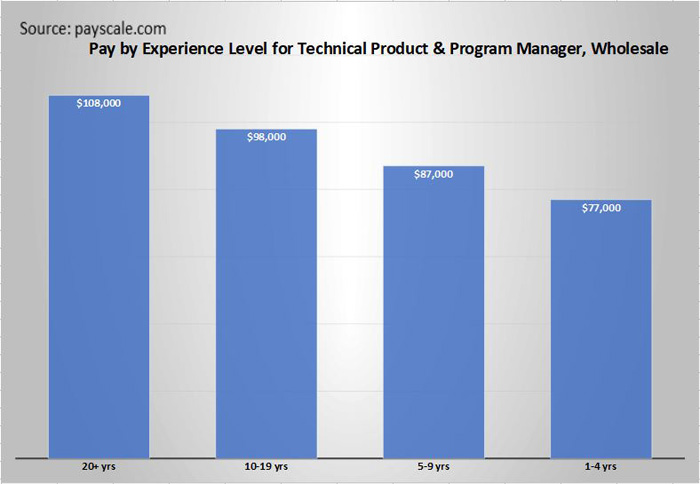Re: Budget 2018 — Business Investment, Productivity and Growth

January 25, 2018
On January 18, the Canadian Manufacturing Coalition sent this letter to Finance Minister Bill Morneau outlining their joint priorities regarding the upcoming federal budget, including six tax reform proposals, starting with reducing federal and provincial general corporate taxes to a combined 20%. The goal: supporting economic investment and growth.
Dear Minister:
On behalf of the thousands of members of the undersigned associations, we are writing to you regarding the upcoming federal budget and to request a meeting with you to discuss business investment, productivity and growth in Canada as it relates to the manufacturing sector which includes chemical and food processors, machine and engineering fabricators, component and finished product manufacturers, assemblers, and metal and natural resource refiners.
Manufacturing is a critical driver of innovation, prosperity and jobs in Canada. Throughout its integrated operations and supply chains, the sector today directly and indirectly accounts for nearly 30 per cent of all economic activity and over 25 per cent of employment. It is a primary user of natural resources and a major customer of advanced and clean technologies and a wide range of services. Our members also directly account for 35 per cent of all private-sector research and development, and 75 per cent of all exports.
Over the past several federal budgets, the government has recognized the important role that advanced manufacturing plays in Canada’s economy today, as well as the opportunity for future success and growth. Actions such as the funding of Super Clusters; the creation the Strategic Innovation Fund; the establishment of Innovation Canada; expanded funding for employer-led training initiatives such as Work Integrated Learning; and a long-term national infrastructure plan have all been fully supported by our associations. However, while we applaud these actions, we also recognize that the ongoing challenges facing our economy require that more must be done to support investment and growth in our sector and across the business community more generally.
As many of the undersigned noted in our individual pre-budget submissions to the House of Commons Standing Committee on Finance, Canadian manufacturing is at a critical juncture. While output and exports are near an all-time high, capital investment and foreign direct investment have fallen, resulting in weakening productivity and global competitiveness, and fewer new innovations. Business capital investment in 2017 is expected to fall to levels not seen since the great recession a decade ago. In the United States, manufacturers invest on average eight times more than an equivalent Canadian company in facilities, machinery and equipment.
As a result, the US is out-competing Canada for new direct investment. Since the pre-recession period, new greenfield foreign direct investment into Canadian manufacturing has shrunk by 40 per cent, while it has grown by 41 per cent in the US. With the US passing massive tax reform legislation to reduce the overall corporate and personal tax burden and spur investment, innovation and growth, Canada needs to respond to reverse these investment trends and leverage the sector for broader economic growth across the country.
Similar to the US, we believe that Canada and its provinces should be looking at a range of tax reforms to boost investment and growth. These reforms should include:
1. Reducing federal and provincial general corporate taxes to a combined 20 per cent. This would require reaching an agreement with the provinces on how to distribute the cut. However, this move would send a clear message to manufacturers that we want their investment in Canada, and are focused on their growth and success.
2. Expanding and improving the Accelerated Capital Cost Allowance (ACCA) depreciation rules to mirror the new US rules. Canada’s ACCA program was put in place during the last recession and has been a major contributor to investment. However the rules are limiting as they are focused on primarily capital equipment used in manufacturing and allow write-downs over a two-and-ahalf year period. We believe the ACCA rules should be updated to match changes in the US, allowing an immediate one-year depreciation of capital purchases. They should also be expanded to cover other related value-added activities, including those in natural resources and related services, and also to include software and other essential advanced technologies.
3. Introducing an Investment Tax Credit on purchases of new equipment and software of between 10 and 15 per cent to help companies, especially SMEs, improve cash flow and offset the impact of the low Canadian dollar on the cost of buying foreign machinery and equipment.
4. Introducing a “patent box” innovation support that would reduce taxes on profits from new products and product mandates. Canada has a terrific record of creating new innovations and research, but historically we have failed to turn those innovations into commercial successes. This tool has been successfully implemented in many European countries and Israel, and has more recently been introduced in Quebec and Saskatchewan.
5. Lowering the top marginal personal income tax rate from 33 per cent to 31 per cent. While we appreciate the government’s concerns about tax fairness, it is becoming increasingly difficult for many businesses to attract or retain top talent. We are concerned that a growing income tax gap between Canada and the US will trigger a return to the brain drain challenge that plagued the Canadian economy in the 1990s.
6. Reforming the Scientific Research and Experimental Development (SRED) program to lower the administrative burden and support a broader range of corporate innovation needs, especially product commercialization. The program, as currently managed, is primarily focused on a limited range of primary research and discovery and is not supporting the innovation needs of companies through commercialization and scale-up. It is also being managed in such a way as to limit government expenditures through an overly aggressive audit function, rather than focusing on providing the innovation support that companies expect and need. In short, SRED needs to be modernized and enhanced if Canada is to keep pace with our international competitors.
We appreciate your review and consideration of these proposals for implementation in the upcoming federal budget. We believe this combination of actions would be a significant step to restore balance between Canada and the US for tax and investment purposes for manufacturing. These actions are also directly in line with the government’s innovation agenda. We will be in contact with your office shortly about setting up meeting with the undersigned associations at your earliest convenience.
Yours sincerely,
Dennis A. Darby, President & CEO, Canadian Manufacturers & Exporters, Chair, Canadian Manufacturing Coalition
Shannon Coombs, President, Canadian Consumer Specialty Products Association
Allen Kirkpatrick, Executive Director, Canadian Corrugated & Containerboard Association
Don E. Moore, Director, Government & Industry Relations, Canadian Transportation Equipment Association
Mark A. Nantais, President, Canadian Vehicle Manufacturers’ Association
Carol Hochu, President & CEO, Canadian Plastics Industry Association
Ed Whalen, President, Canadian Institute of Steel Construction
Carol McGlogan, President & CEO, Electro-Federation Canada
Jean-François Champagne, President, Automotive Industries Association of Canada
Pamela C. Fralick, President, Innovative Medicines Canada
Charles Ruecker, Canadian Chair, Precision Machined Products Association
Paul Teron, President, Canadian Foundry Association
Bob Masterson, President & CEO, Chemistry Industry Association of Canada
Andrew Casey, President & CEO, BIOTECanada
Robert Cattle, Executive Director, Canadian Tooling & Machining Association
Gérald Gauthier, Acting President, Railway Association of Canada
Michael Graydon, President & CEO, Food & Consumer Products of Canada
Darren Praznik, President & CEO, Cosmetics Alliance Canada
Jana Marmei, Executive Director, Association of Independent Corrugated Converters Canada
Garth Whyte, President & CEO, Canadian Fertilizer Institute
Gary Leroux, President & CEO, Canadian Paint and Coatings Association











